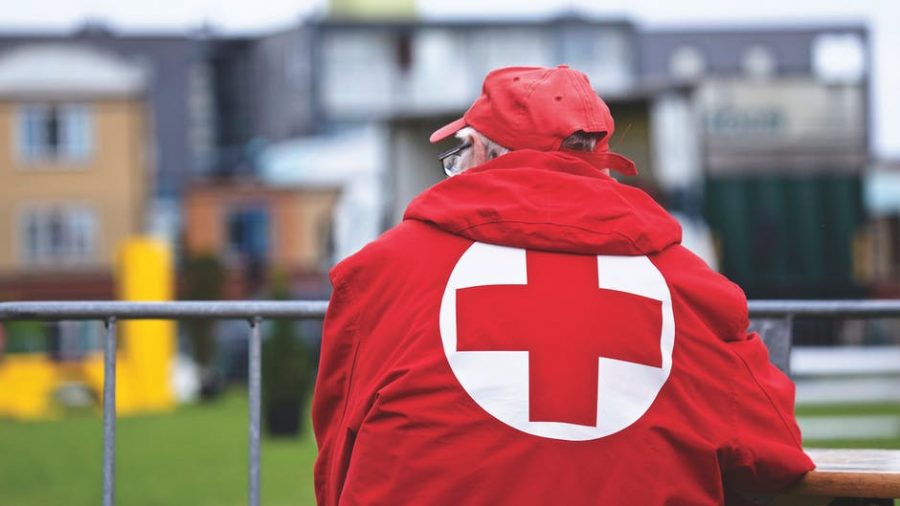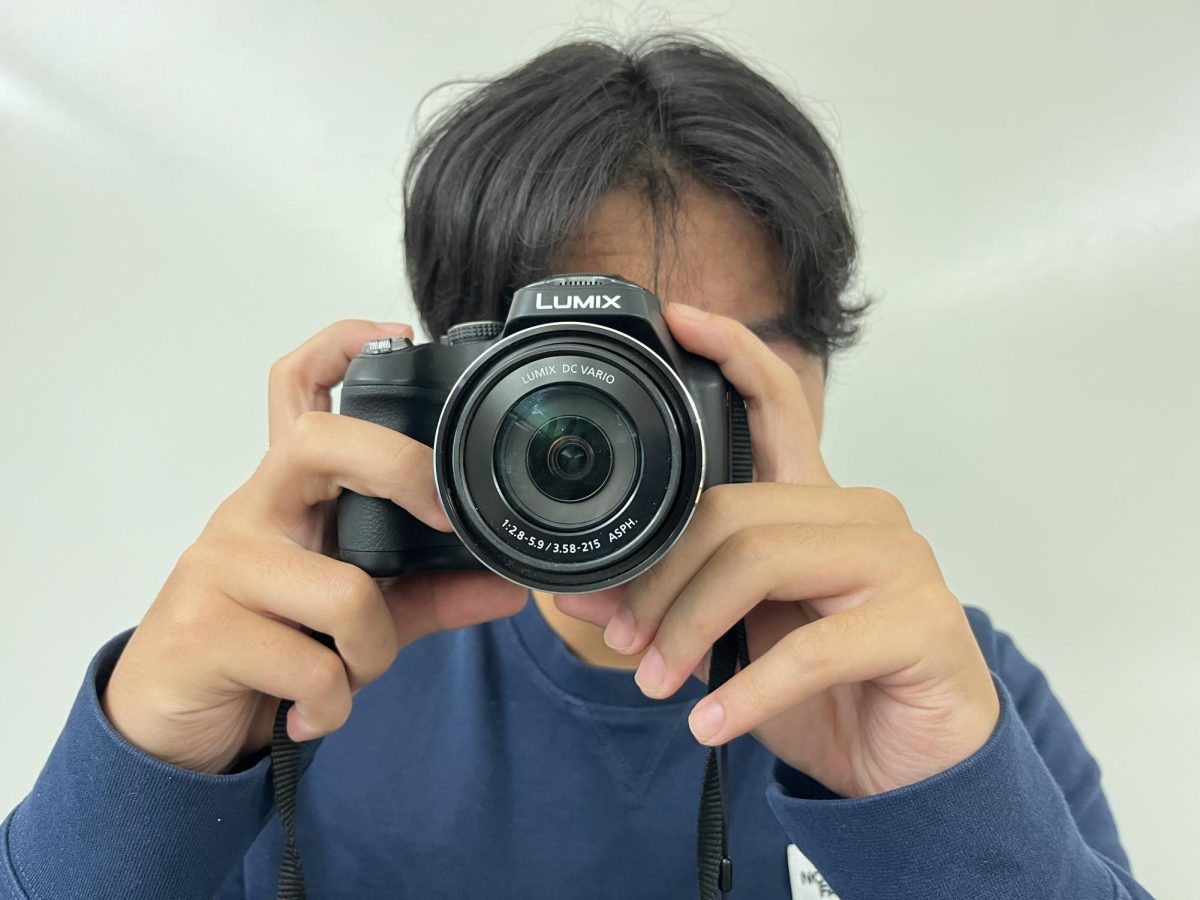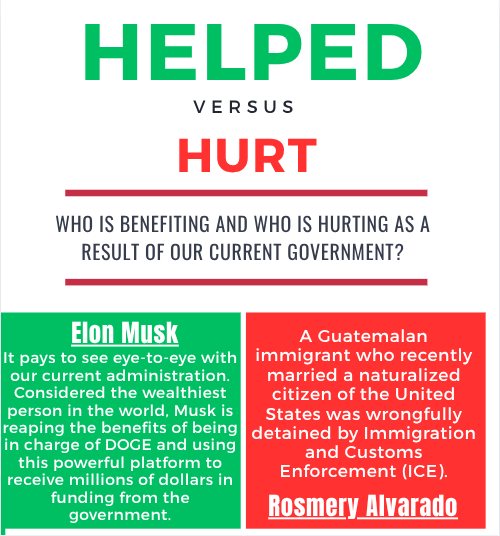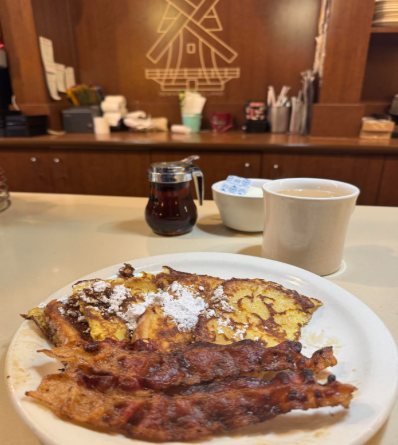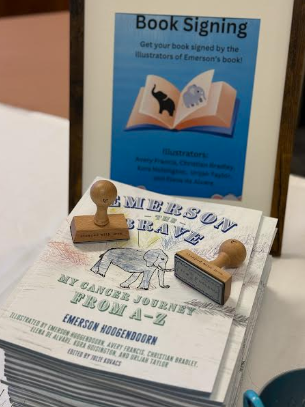“Without my blood transfusions, I’d definitely be dead today.” West Ottawa alumni Adam Getliff struggled with a perplexing form of cancer for the greater part of his childhood called Acute Myeloid Leukemia. “Well I had cancer; to be more in depth, I had Acute Myeloid Leukemia, which is a cancer of the blood.” Getliff describes that rather than needing surgeries, he needed multiple blood transfusions. “I can honestly say I don’t know exactly how many blood transfusions I had, but I know it was a ton.”
Acute Myeloid Leukemia is one of the most difficult cancers to get rid of. ‘Acute’ means that this type of leukemia can quickly progress if not treated correctly and promptly. Acute Myeloid Leukemia or AML starts to form in the bone marrow and rapidly moves into the blood and can sometimes move into other parts of the body including lymph nodes, liver, spleen, and the central nervous system.
In the United States, up to 4.5 Million people will need a blood transfusion each year. Getliff is just one of many examples of this alarming statistic. Blood transfusions are often life saving when they are needed. “These blood transfusions kept me alive when my own blood wasn’t strong enough to help fight off the cancer,” Getliff said.
From car crashes to open heart surgery, blood transfusions are needed around the world each day. Approximately 32,000 pints of blood are needed each day in the United States. This large quantity of blood is directly correlated to the amount of casualties that happen each day that require blood transfusions. Tragedies happen everyday, and sometimes with proper treatment, lives will be saved.
While donating blood may seem like a waste of time or daunting, the act of giving blood is life saving. WO Sr. Katy Kross has now donated blood two times with West Ottawa. “After I donate blood, I do not physically feel any different, but mentally I feel great because I know that I’m doing the right thing by helping others,” Kross said. Kross is much like all of the other students who decide to give blood for the first time. When students may believe this process to be scary, in the end it doesn’t seem to affect the participants physically rather than mentally.
When hearing Getliff’s story, it may seem almost impossible that he is now completely healthy, but this is all because of the blood transfusions he has received. Getliff describes that “I went through a few rounds of chemotherapy but that would never completely get rid of the cancer since it was my blood that was the problem.” Getliff says that the many blood transfusions are the reason that he now has gotten rid of his cancer.
To make blood transfusions possible, people will need to donate their blood. Every two seconds, somebody in the world needs blood. When there are mass casualties that happen in the United States, blood is in more need than usual. On October 27, WO Student Senate and The American Red Cross will be working together to hold a blood drive located in the North auxiliary gym all day. Students will be able to sign up online if they are 16 and older. Make sure you do your part and donate blood.

